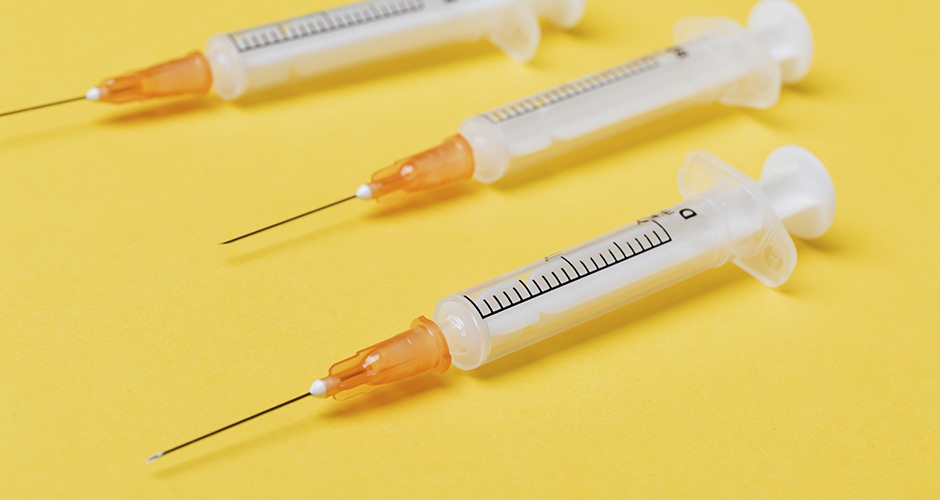COVID-19 – we’ve all heard of it by now – is the disease that, caused by a coronavirus, is currently responsible for the world’s worst pandemic to occur in the last 100 years. This disease is different because its behaviour is new and unpredictable, and so is the way we combat it. Which is based on limited information, making each new move a painstaking case of trial and error. The knowledge we’re building is as fresh as it gets and has already led to much more effective treatment of the severe cases, but unfortunately despite this, many people are still dying from COVID-19.
COVID-19 in diabetes
Diabetes is not a risk factor for contracting COVID-19. The severity of the disease can be affected by diabetes: high BG’s, complications, obesity and older age all increase the risk of the disease taking a more serious course. This is especially true for type 2 diabetes, but to a lesser extent also for type 1.
In order to reduce the risk of contracting COVID-19, all of the general measures apply: washing hands, wearing a facemask, keeping social contact outside of your household to an absolute minimum. To make the course the virus takes as favourable as possible, the advice is to regulate BG’s as well as you can. Infection, of course, makes blood sugars rise, which presents another challenge to keeping your control as balanced as possible.
Vaccinations
Vaccinations work by putting the immune system to work against the virus, without contracting the infection itself. There are two methods: the first is to insert a piece of messengerRNA into the cell, which creates a protein part of the virus. The body will produce antibodies against this protein part, to neutralize the virus. The second is to inject a virus part with a protein component of the COVID-19 virus attached, which activates the body’s defences against it.
Both of these options may cause a reaction in the body like a mild infection: a local reaction, fever, a headache etc. These symptoms should only last a short time and they’re a good sign – letting you know that the defence is ready for action. Vaccination doesn’t mean that you can’t contract the virus, but it does make the subsequent infection much milder. This is because your immune system is already primed to fight.
Vaccinations and diabetes
However, with a combo of diabetes and vaccination, it’s important to be careful because the immune response can increase blood sugar levels. This rise is only temporary, but you’ll need to give your BG’s a little extra attention for a few days after the jab, just like with a non-severe flu. With the vaccinations that are given in two doses, you’ll need to pay a little extra attention after each one.
The studies of the mRNA vaccines published so far show that age has no bearing on effectiveness, but the effect of diabetes couldn’t be determined due to the numbers being too small to draw a conclusion from. It’s safe to assume that diabetes has no influence on the effectiveness of the vaccines. However, more data is coming now that they are rolling out around the world. The effects and side effects are being monitored across the globe and, with that, more information will begin to come in.
About Dr. Fred Storms

Dr. Fred Storms is the medical advisor at ViCentra and is one of the Netherlands’ leading authorities on the treatment of diabetes mellitus. He was working at the Diabetes Care team at St. Antonius Hospital, Utrecht until his retirement in 2016. Dr. Storms holds a special interest in the medical and technical advancements being made to improve diabetes treatment,

